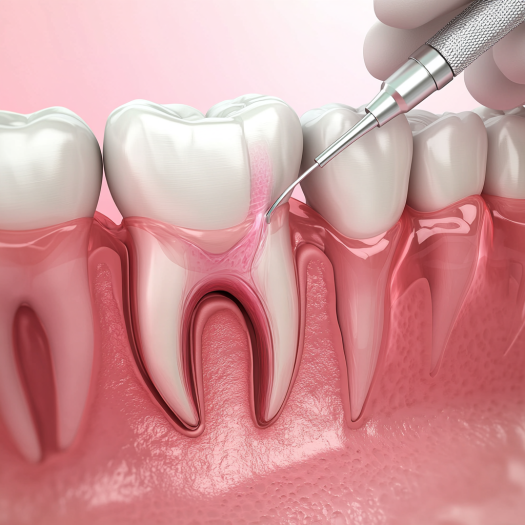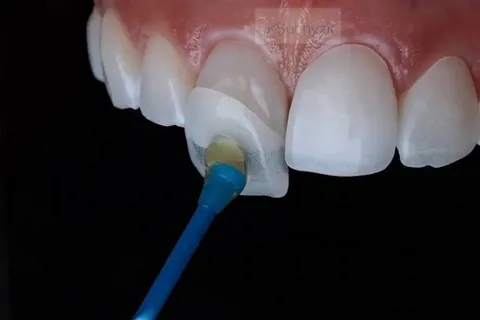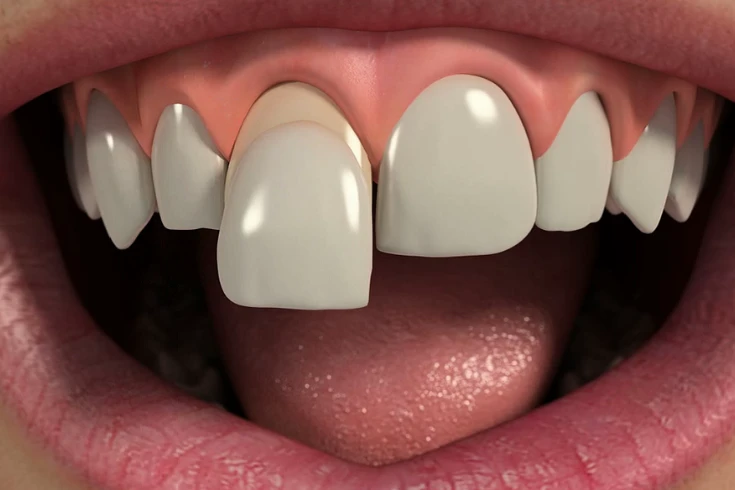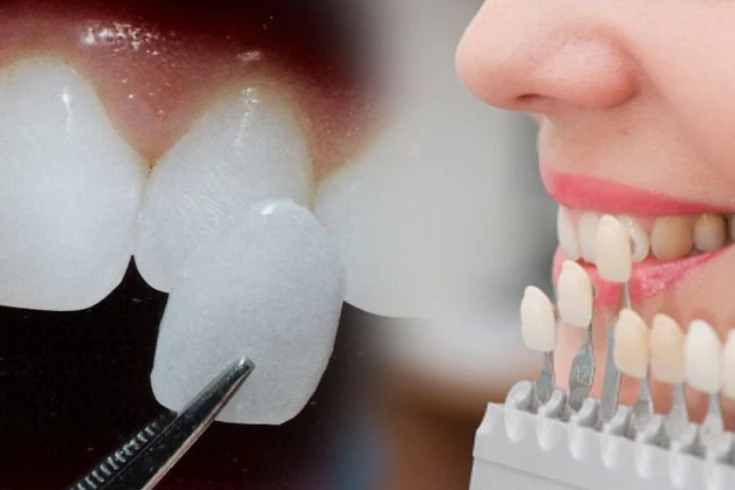In contrast to other forms of dental operation, root canal treatment, also called endodontic therapy, can salvage even those teeth that would require extraction otherwise. Knowing what it entails might help calm your nerves about the procedure if you want root canal treatment in New Jersey.
This article is an informative resource regarding root canals, including their advantages, phases of the procedure, and how one can identify a suitable dentist in New Jersey.
What is Root Canal Treatment?
Root canal treatment, or endodontic therapy, is a dental procedure to treat infection or damage within a tooth’s pulp. The pulp is the innermost part of the tooth, containing nerves and blood vessels.
When this area becomes infected due to decay, injury, or repeated dental procedures, a root canal can help save the tooth and restore its function.
However, it’s important to note that like any medical procedure, there are potential risks and complications associated with root canal treatment, such as post-treatment discomfort or the need for additional procedures.
Benefits of Root Canal Treatment
- Pain Relief: Root canal treatment alleviates the severe pain caused by pulp infection or damage.
- Tooth Preservation: The procedure allows you to keep your natural tooth, which is preferable to extraction.
- Functionality: After treatment, the tooth can function normally, allowing you to chew and bite without discomfort.
- Aesthetic Preservation: Retaining your natural tooth helps maintain the appearance of your smile.
How is Root Canal Treatment Performed?
Understanding the root canal procedure can help ease any anxiety you may have. Here’s a step-by-step overview of what to expect during the treatment:
- Diagnosis and Preparation
Your dentist will begin with in-depth scrutiny, such as X-rays, to check how much infection or damage there is.
This will help create a better plan for this procedure. With this, you will be comfortable and not feel any pain during the treatment because local anesthesia is administered.
- Cleaning and Shaping
The dentist will create a small opening in the tooth’s crown to access the pulp chamber. The infected or damaged pulp is removed, and the root canals are cleaned and shaped to prepare them for filling.
- Filling the Canals
Once the canals have been made clean, they are packed using a biocompatible gutta-percha. This action seals the canals and prevents further infection.
After that, the tooth is sealed with an immediate or long-standing material for filling.
- Restoration
A crown, which is a custom-made cap that covers the entire tooth, is usually needed after a root canal. This is because a tooth that has undergone a root canal may become more brittle and prone to fractures.
The crown helps to protect the tooth and restore its complete functional capacity, allowing you to chew and bite without Discomfort. The dentist will discuss the best restoration plan that fits your requirements.
How to Find the Right Dentist for Root Canal Treatment in New Jersey
Choosing the right dentist for your root canal treatment is crucial for success. Here are some tips for finding a qualified dental professional in New Jersey:
- Check Qualifications and Experience
Look for dentists who specialize in endodontics or have significant experience with root canal treatments. You can find this information on their practice’s website or by contacting their office directly.
- Read Reviews and Testimonials
Patient reviews, and testimonials offer valuable insights into the quality of care and patient experience. Seek out dentists with positive feedback and high ratings from previous patients.
- Verify Insurance and Payment Options
Ensure the dentist accepts your dental insurance plan or offers flexible payment options. This step can help make your treatment more affordable.
- Schedule a Consultation
A consultation allows you to meet the dentist, discuss your treatment options, and address concerns. This initial visit helps determine whether the dentist is right for you.
If you want to treatment in florida then also read: Root Canal Tratment in Florida
Common Myths About Root Canal Treatment
- Root Canals are Painful
Many people believe that root canal treatments are painful. In reality, the procedure often alleviates severe pain caused by the infection, and local anesthesia ensures comfort throughout the treatment.
- Root Canals Cause Illness
There is no scientific evidence linking root canal treatment to systemic illnesses. Root canals are a safe and effective way to treat dental infections and preserve natural teeth, providing a sense of security and peace of mind.
- You Don’t Need a Root Canal if the Tooth Doesn’t Hurt
Some may assume a root canal isn’t necessary if the tooth doesn’t hurt. However, an infection or damage to the pulp can still be present and may require treatment even if there is no pain.
Post-Treatment Care and Recovery
After your root canal treatment, follow your dentist’s post-treatment care instructions. This may include:
- Pain Management: Use over-the-counter pain relievers or prescribed medications to manage discomfort.
- Avoid Hard Foods: Stick to soft foods and avoid chewing on the treated tooth until it is fully restored.
- Oral Hygiene: Maintain good oral hygiene by brushing and flossing regularly to prevent future infections.
Conclusion
Root canal treatment in New Jersey effectively saves teeth and restores dental health. By understanding the procedure, finding a qualified dentist, and following post-treatment care guidelines, you can achieve a successful outcome and maintain a healthy, functional smile. If you experience tooth pain or discomfort, contact a dental professional in New Jersey to explore your treatment options.
Contact a local endodontist or dental clinic in New Jersey today for more information or to schedule a consultation.





